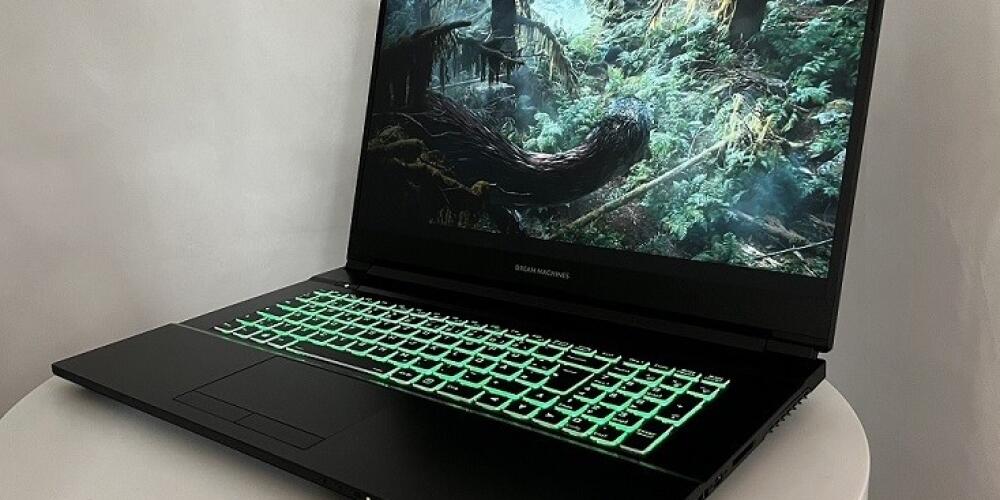
When looking to buy a gaming laptop, there are a few factors you should consider. Some of these are GPU, CPU, display resolution, and battery life. By considering these factors, you can choose a gaming laptop that is perfect for your needs.
The CPU or central processing unit is the heart of a gaming notebook. You can play your favorite games with more speed, higher graphic settings and more visual effects. It processes data and sends it to the monitor where it provides images. You also need special memory for the graphics card, known as video memory. A 9th or 10th-generation NVIDIA graphics card is ideal for gaming.
When choosing a CPU, consider your gaming needs and what you can afford. If you plan on playing intense games, a Core i9 or Core i7 will probably do the trick. However, for a casual gamer, a Core i9 CPU or higher is a bit overkill. Currently, the most popular processors used in budget laptops are 11th Gen Intel processors. In about a year, the 12th generation is expected to take the lead in the market.
If you are a serious gamer, the GPU is one of the most important components on your gaming laptop. It helps you run graphically intensive games at high frame rates. A gaming laptop with a GTX 1060 should be able to run most games at 1080p resolution. However, if you plan on playing a game that requires high frame rates and high resolution, you might want a higher GPU.
Luckily, there are a few ways to boost the GPU on your gaming laptop. One option is to buy an external graphics card and plug it into your laptop. Another option is to upgrade the RAM. However, this is a difficult process and you may not want to attempt it unless you know what you are doing.
screen resolution
One of the most important features when choosing a gaming laptop is the display resolution. This refers to how many pixels are displayed on the screen, and higher resolution means sharper images. High resolutions also give gamers more workspace on the display. However, high resolutions can make the text and font difficult to read and are not ideal for people with poor vision.
While a gaming laptop's display resolution is crucial to gaming performance, it's not the only factor. Other factors that affect the overall gaming experience are the performance of the computer and the gaming accessories used with it. While screen resolution is important, performance is even more important. Therefore, it is important to choose the right compromise for your needs.
Battery life
The battery life of a gaming laptop is crucial, especially if you use it for gaming. Lifespan is affected by the game you are playing. So, you should choose one that has a long battery life. For example, the Alienware Area-51M R2 has a six-hour battery life, which is an excellent achievement considering the 17.3-inch screen size. In addition, it supports NVIDIA G-SYNC technology for ultra-smooth movements.
The battery life of a good gaming laptop is usually between two and three years, depending on the gaming software and hardware. In contrast, the batteries on a regular laptop last five to six years. A good gaming laptop is also durable and has a cooling system. The build quality of a laptop also affects battery life.
When shopping for a gaming laptop, consider your budget first. While more expensive models might have more graphics power and more RAM, a cheaper model might be fine. It's important to consider battery life, size, and weight. Another important factor is the ability of the laptops to improve memory and storage. Cheaper models don't usually have the flexibility to upgrade their hardware.
The storage capacity of a gaming laptop determines how many games and applications it can handle. The more storage space, the better. If you plan to use the laptop for a long time, you want to look for an upgradable model. Many laptops come with expandable storage, so you can always turn off the hard drive if you need more space. In addition, the type of display panel is important. A high-resolution screen is better for gaming than a low-resolution screen.
Tags
Featured articles